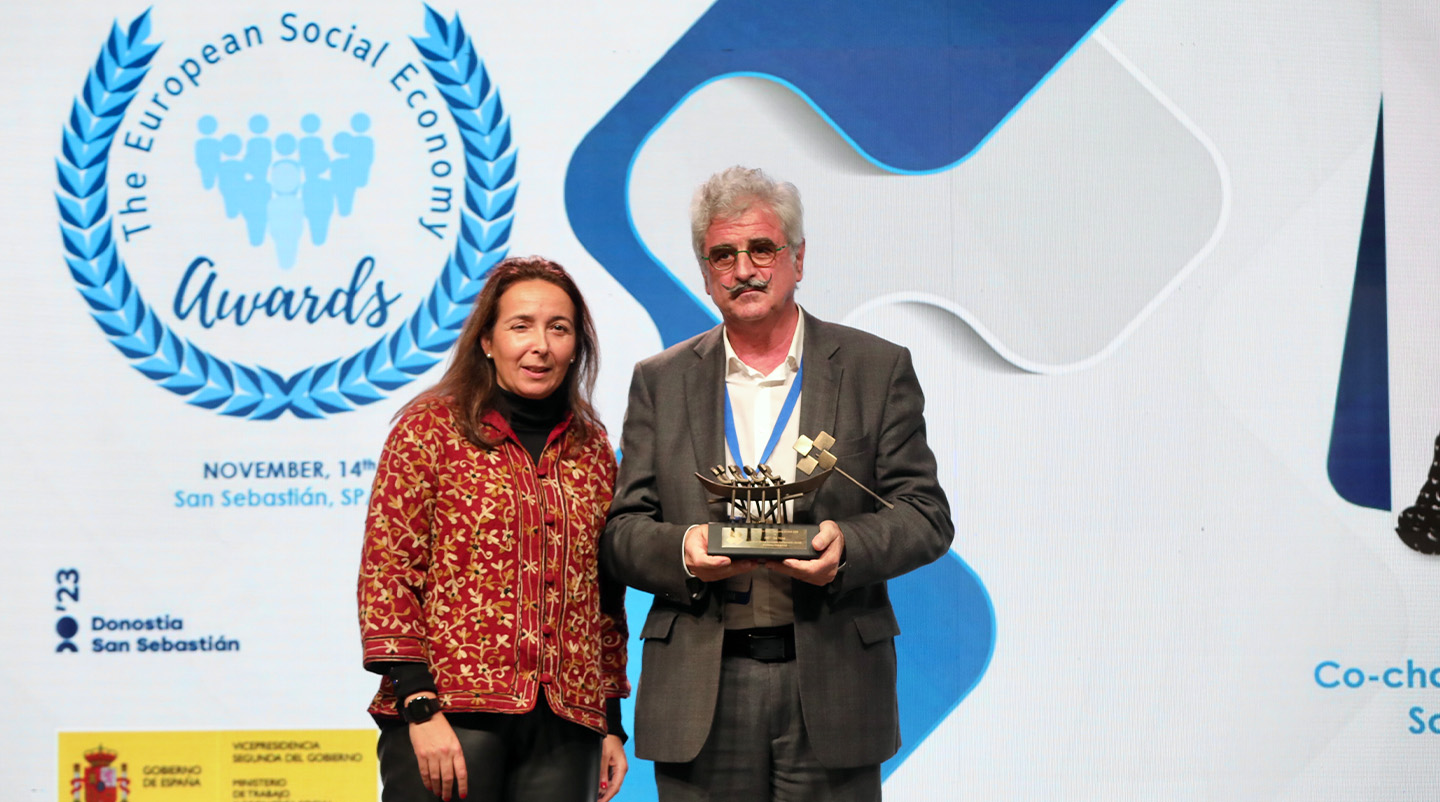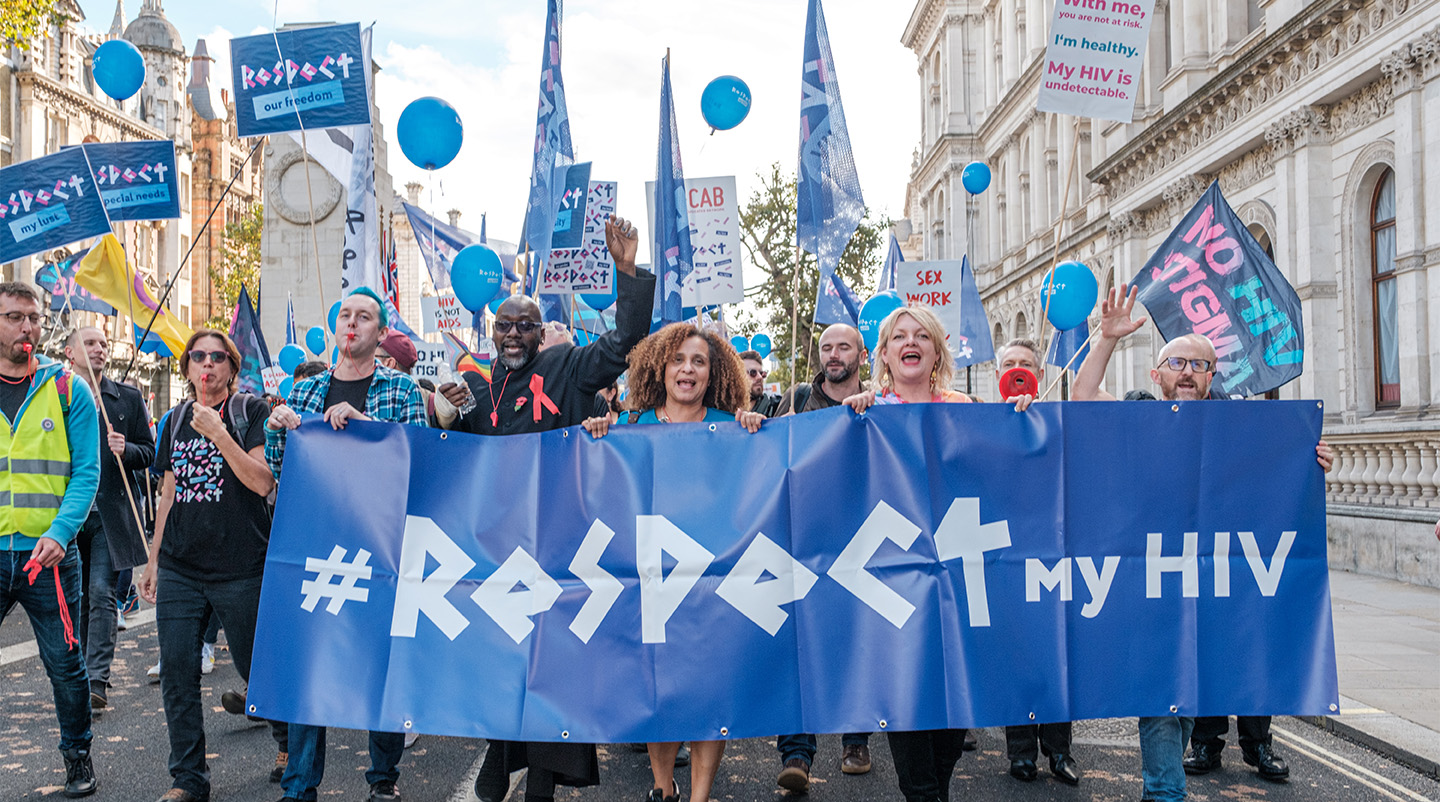MacKenzie Scott’s donations, totalling approximately $13 billion as of spring 2022, represent a significant departure from traditional philanthropic practices. So, is unrestricted funding the way forward, or is it not that simple? Read More

This six-minute film 'What the Ocean Reveals About Us', produced by BBC StoryWorks for the Calouste Gulbenkian Foundation, explores the climate-health nexus to highlight humanity’s dependence on and deep connection to the ocean, and why healing the ocean is so important. Read More

Increasing the frequency and quality of reporting on marine management issues is not just relevant for citizens, it also enhances the advocacy work of the NGOs active within this field. We believe stories and investigations can give civil society the tools and political momentum needed to exert pressure. Read More

Over the past three years, 93% of Swiss abroad gave gifts. Family philanthropic traditions as well as transparency are crucial drivers of this generosity. Solidarity is another key motivator. Organized and cross-border philanthropy is vital to enhancing impact and fostering ties between expatriates and Switzerland, as 10% live abroad. Amid global challenges, philanthropy plays a crucial role in addressing crises. Read More

There has been a rise in collaborative philanthropy which has led to shifting practices, experimentation, an increased focus on funding systemic issues and racial justice, as well as more diverse leadership. Yet the path that leads to forms of collaboration is bumpy and often uncomfortable, so why do we persevere? Read More

The Spanish Presidency of the Council of the European Union made social economy and “building an economy at the service of people and the planet” one of its strategic priorities. Proof of this has been the “European Conference on the Social Economy: People, Planet, Action”, organised by the Ministry of… Read More

Philanthropy can act when it needs to. Yet, at the same time, philanthropy has not always geared itself up to make positive contributions in situations of conflict, and certainly, has not brought all its resources – financial and connective – to bear on the current challenges. Read More

First the COVID-19 pandemic and then the Russian invasion of Ukraine has Russian HIV-service NGOs asking: can they weather the current challenges? And is external support still a viable option? Read More

In many ways, museums and schools in the West have followed a similar evolution since the 19th century. Just as museums have evolved from sanctuaries centred around the conservation of precious objects to centres for education and leisure, the expectations for school education are shifting towards a more holistic pedagogy focusing on the famous "21st-century skills". Museums and schools are increasingly expected to be more adaptive to individuals, relevant to their social context, inclusive and sustainable. Read More

Earlier this year a group of foundations who make up the Foundation 3.0 initiative met in Amsterdam for their yearly Strategic Round Table. It’s an opportunity for peer learning across European foundations who are focussed on systemic change. In 2023 the theme was ‘Adopting cross-cutting perspectives to increase impact’. Read More










